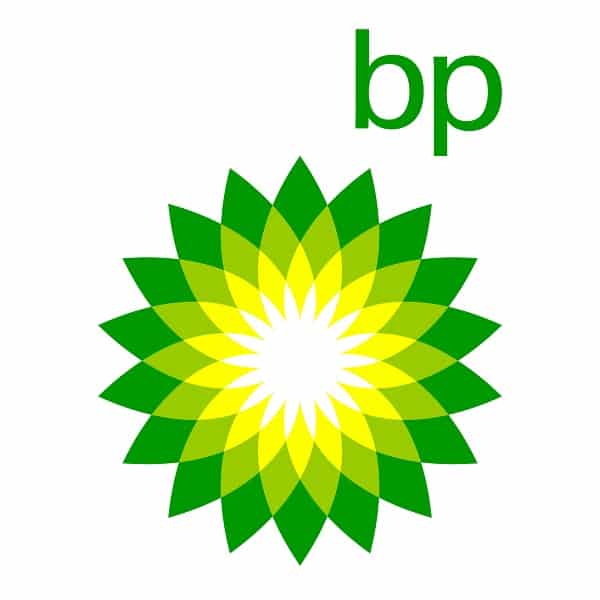
At an investors’ day hosted in Denver, Murray Auchincloss, temporary Chief Executive Officer of BP, stated that the company’s carbon-reduction and financial goals remain a priority for the company.
There had been the possibility for change in strategy after the former CEO, Bernard Looney, stepped down recently, following a discovery that he was not fully transparent in his relationships with other employees at BP.
In a statement following the event, BP said:
“BP’s strategy, financial frame and net zero ambition are unchanged. BP remains focused on delivering its strategy safely, with disciplined delivery, quarter-on-quarter, to meet 2025 targets and 2030 aims.”
BP, which also makes industrial products like gear oil under the Castrol brand, aims to become a net-zero carbon emitter by 2050. Earlier this year, the company pared back its target for 2030, with it now aiming to reduce carbon emissions by 25% compared to 2019 levels. Its previous target was 40%.
While BP is planning to increase its capital spending on low-carbon and convenience and mobility projects, it still expects its oil and gas business to dominate in 2030. It says its oil and gas division is now running more efficiently, with it having a portfolio of distinctive, high quality hydrocarbon resources, and the flexibility to allocate capital for future projects.
It believes it can increase the earnings, taxes, amortisation and depreciation of this business to $30–32 billion by 2025, and sustain it at this level to the end of this decade.








































